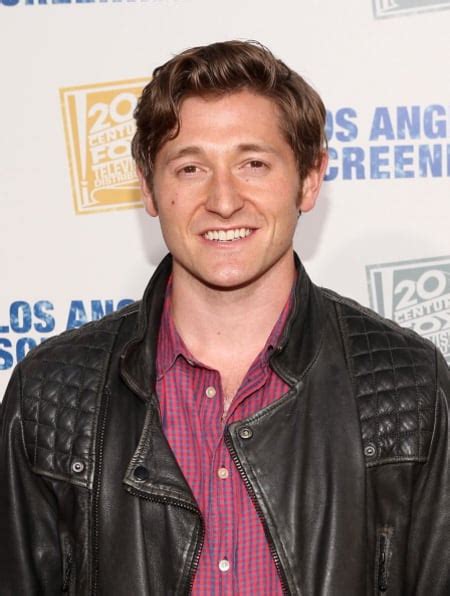A Quote by Haruki Murakami
It is however, difficult to make your narratives relative by yourself. A novelists' work is to provide models to make your narratives relative. If you read my novels then you may feel, "I have the same experience as this narrative", or "I have the same idea as this novel". It means that your narrative and mine sympathize, concord and resonate together.
Related Quotes
When you never leave the literary biosphere, you forget how few people actually read books, and that in turn makes you start overestimating both your ability to make money and your relative renown, which has dangerous consequences: the first means you may end up in debt; the second means you may end up a horrid bore.
There's some ambient music that doesn't do anything. I wouldn't say that that's narrative. It is narrative in that it creates a sort of world where nothing happens, where really nothing happens, so you become a different person after hearing eight minutes of exactly the same thing. Yes, I hear music all the time in which one idea is strung together to another idea, and I feel that such music is non-narrative.
If none of your role models provide the answer, then it is time to go within and ask yourself, "What would make me happy?" In other words, let your feelings guide you. This doesn't work well if you focus narrowly on your personal needs. I am not talking about selfishness or self-interest. When I ask, What will make you happy?, I mean, What way of loving others feels right for you? Choose a way of loving that makes you happy, and your efforts will be play rather than work.
I think we all are born inside of our parents' narratives. We stay there for a good while. We are taught their narratives about everything: their marriage, the world, God, gender, identity, etcetera. Then, at some point, our own narrative develops too much integrity to live inside that story. We don't ever fully escape it, but we move into our own stories.
The real conflict in the abortion issue is between a value - the right to choose whether or not to have the child - and a moral dictum - don't kill other humans. The more here, even, is flexible and relative. "Thou shall not kill" really means, "don't kill productive, contributing members of your own society that aren't a threat to your safety." If it was not relative, then no "Judeo-Christian" person could ever go to war or execute someone.
You gain all of the rights and privileges and respects that are afforded the majority, and that's ultimately what matters for your kids, or anybody - because we're all innocent of the fact that we are the way we are. But it also means the ways that you coped, and the languages and narratives and points of view that you had no choice but to make from the sidelines - and that often carried with them really acute readings of dominant society - those no longer have the same need.
Narrative Collapse is what happens when we no longer have time in which to tell a story. Remote controls and DVRs give us the ability to break down narratives - particularly the more abusive ones. This is a great thing for escaping the 'ends-justify-the-means' traps of 20th-century wars and religions, but it can also make it hard to convey values.




































